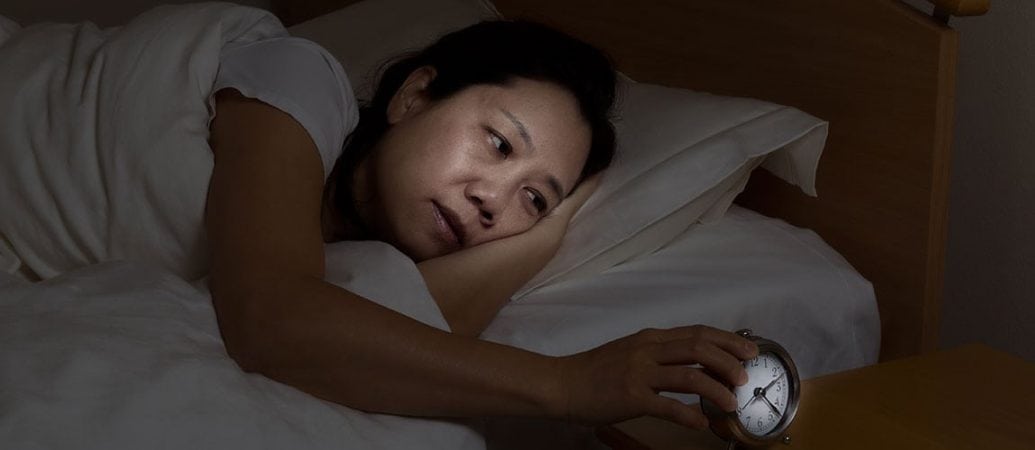Modern society has become almost “timeless” due to electric lighting and other technology. We can buy groceries at midnight, get medical care at any hour, and access 24/7 customer service for any problems that arise during the day or night. There are definite benefits to this constant access. However, there may be serious health consequences for the people who keep our world running around the clock.
Shift Work and the Circadian Rhythm
 The main problem with shift work is that the timing of sleep matters. Our bodies are made to run by internal clocks that are set by light levels. When our retinas sense light, they pass signals to the suprachiasmatic nucleus (SCN) to shut down the production of melatonin and other biochemicals associated with sleep. Our circadian rhythm is also affected by factors such as temperature and the timing of meals.
The main problem with shift work is that the timing of sleep matters. Our bodies are made to run by internal clocks that are set by light levels. When our retinas sense light, they pass signals to the suprachiasmatic nucleus (SCN) to shut down the production of melatonin and other biochemicals associated with sleep. Our circadian rhythm is also affected by factors such as temperature and the timing of meals.
How does shift work affect the circadian rhythm? People who work odd hours often must function at times when their bodies are telling them to settle into bed so key restorative processes can occur. They must try to sleep at times when cortisol and other hormones that encourage wakefulness are high. People who engage in shift work suffer from a long-term form of jet lag, in which their internal clocks are not aligned with their lifestyle.
The Out-of-Sync Brain
What happens to the human body when shift work forces the circadian rhythm out of sync with the environment? Researchers have discovered a variety of effects. Anyone who has lost a night of sleep knows the short-term effects. People feel more fatigued and suffer from “fuzzy” thinking, but the effects on cognition do not stop there. Chronobiology research has found that people who engage in shift work perform lower on cognitive tests, with the effects lasting up to five years after they resume a typical day schedule. Medical staff who work nights are more likely to miss critical issues and often struggle to stay awake, much less to perform to a high standard of care. However, the effects of shift work extend beyond mood and mental function. There appear to be long-term effects on disease risk and lifespan as well.
Can Shift Work Affect Your Long-Term Health?
New research suggests that cardiovascular health is one of the areas most effected by shift work. Deep sleep allows our hearts to rest and to perform cell repair as well as other restorative processes. Without adequate sleep, people have higher blood levels of stress hormones and increased heart rates. The result is an increased risk of cardiovascular disease that can ultimately be life-threatening.
In addition, people who work odd shifts have a higher risk of stroke and experience more devastating strokes when they do occur. Lab rats who have a disrupted circadian rhythm are more likely to have lasting brain damage and loss of limb function after a stroke.
Disproportionately Severe Effects on Women
Shift work increases risk factors for chronic disease across the board, but the exact effects appear to depend a great deal on biological sex. While men are at higher risk of permanent disability from a stroke, women get the short end of the stick overall. A study of nurses found that women who work night shifts see more negative effects on their heart health than males, even when adjusted for lifestyle and risk factors. They have a higher incidence of coronary artery disease, heart attack and death from heart problems. This increase in risk is significant, at about 15 to 18 percent higher.
Why do men and women suffer different health consequences from shift work? It appears that male and female bodies react different to disruptions in the circadian rhythm. A study of sleep-deprived volunteers of both sexes found that women have more changes in mood and cognitive performance than men when subjected to a disrupted internal clock. This may pose a challenge to the public health as many jobs involving shift work, such as nursing and waitressing, are traditionally female professions.
Our society requires 24-hour staffing in many fields to accommodate modern lifestyles. However, this does not come without consequences for the workers involved. While we will always need medical and law enforcement staff around the clock, it may be better for public health to allow workers in less time-sensitive industries to go home in the evening and get the good night of sleep that they need for optimal health.



Leave a Reply